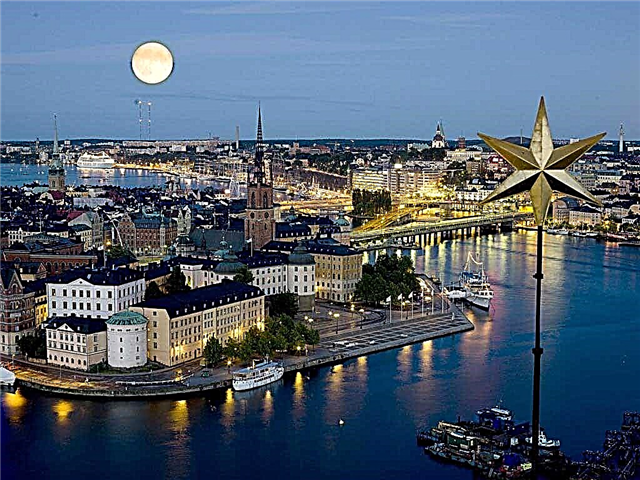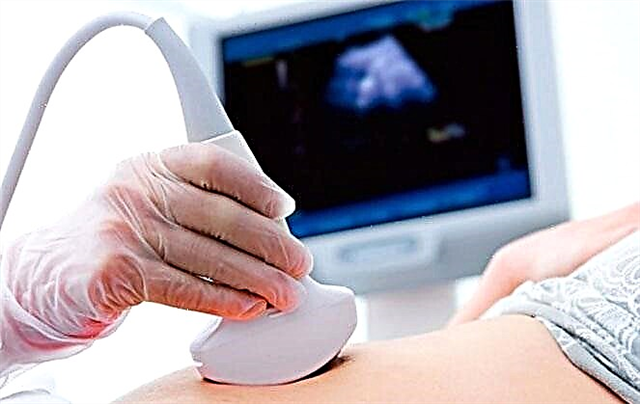Oncological diseases have long been considered a death sentence for a patient. Liver cancer treatment in Germany today is one of the most innovative medical directions. The latest methods of diagnostics, treatment and rehabilitation in German clinics often make it possible to achieve success: cases of complete cure when a disease is detected at an early stage have become an objective reality today.

Causes and symptoms
The causes of malignant liver tumors are multifaceted. Here and cirrhosis of the liver, viral hepatitis, abuse of steroids, smoking, not to mention metastases from other tumors. This disease affects mostly men over 45 years old.
There are four stages of the disease:
- In the first and second stages, the disease is largely asymptomatic and is discovered by chance when examined for other diseases. Weakness and fatigue are common signs at this stage.
- Later, in the third stage (which is divided into 3A, 3B and 3C), there are signs such as weight loss, jaundice, stool disturbance, leg swelling, fever up to 39 ℃.
- At the fourth stage, the patient's condition is rapidly deteriorating: there are acute pains, bloating.
All these symptoms are not specific to liver tumors, so a thorough examination is mandatory. It is important to remember that in the early stages, oncology lends itself to effective treatment.
Diagnosis of the disease in Germany
At the first stage, the patient is examined, palpated, and anamnesis taken. The attending physician establishes the procedure for further examination. As a rule, such diagnostics includes blood and urine tests, biopsy sampling (for a thorough examination of cells), examination using ultrasound, CT, MRI - it allows you to determine the localization of the tumor, its spread.
In addition, positron emission tomography (PET) is used, as well as laparoscopy, an advanced diagnostic method that involves immersing a special module with a camera and biopsy equipment through a small incision.
Treatment
Of course, the treatment is complex in nature, including both surgery and drug treatment and, of course, a set of restorative measures. If it is possible to remove the tumor, resection is performed - removal of the affected part of the liver.
In some cases, complete removal of the liver and transplantation of a new part are required: in such a situation, one of the relatives traditionally acts as a donor. Treatment can have a good effect, since this organ has an amazing ability to heal itself.
The technique is described in more detail in the article "Cancer Treatment in Germany".

Radiofrequency surgery is also actively used, which implies a whole arsenal of methods of various physical properties that have a point effect on the affected area.
Radiation therapy uses different types of radiation. In order to destroy the tumor, chemotherapy is also successfully used. It is carried out medically, injected intravenously or through a catheter directly into the liver. This type of treatment is used both in combination with radiation therapy and surgical methods, and separately.
Medicines are sold in pharmacies and most require a prescription.
German pharmacies work according to the traditional schedule on weekdays and limited time on Saturdays. Sunday is a day off, however, there are also special duty pharmacies that provide an opportunity to purchase medicine on this day, as well as at night. Any buyer will be sure to explain the method of application and dosage when buying. Find out about how medicines are sold in Germany.
Operation: an arsenal against ailment
Liver cancer treatment in German clinics has a variety of surgical techniques. The following forms of resection are used:
- typical occurs taking into account the segmental structure of the organ;
- atypical involves the removal of the tumor at the discretion of the doctor with the condition of maintaining the functionality of the liver.
Laparoscopy is used - a method that involves invasive intervention, reduced to the required minimum, which reduces risks and speeds up the rehabilitation process.
To treat the tumor itself or metastases, radiofrequency ablation, transarterial embolization, radiosurgery, chemoradiotherapy and other methods are used.
Efficiency is evidenced by the high percentage of recovering patients, of whom many millions pass through the leading clinics of the Federal Republic of Germany every year. With early treatment, the success rate is very high. We offer you to get acquainted with the statistics and methods of surgery in the article "Operations in Germany".
Rehabilitation
The rehabilitation process is quite difficult and depends on the severity of the disease, as well as on the duration and methods of its treatment. Recovery is necessary, since the removal of the tumor does not pass without leaving a trace for the body.
Rehabilitation in medical institutions in Germany combines traditional and innovative methods according to an individual map, including immunocorrective therapy, artificial blood purification, physiotherapy and much more.
Prices
The prices for the diagnosis and treatment of liver cancer in Germany are an important condition on which almost everything depends. And here the following points should be highlighted:
- First, the prices for the initial examination have a fixed rate and are determined by the law of the Federal Republic of Germany. For example, the cost of a consultation with a qualified specialist is 500 euros, a blood test, including for tumor markers, is 250 euros, an MRI scan is 800 euros, and a PET scan is 2300 euros.
- Secondly, the price for subsequent treatment depends on many factors: the type of clinic, the method of treatment, the stage of the disease, and so on. But in any case, the treatment will cost tens of thousands of euros. And of course, the visa to Germany itself has a separate fee and the hassle of getting it.
Clinics
There are many clinics specializing in the treatment of liver cancer in Germany. However, there are several leading and most famous centers. Among them are the University Hospital Bonn, University Hospital Munich, University Hospital Berlin. The latter is the largest and most advanced institution of its kind in Europe.
Visa
Of course, first of all you need a visa. You can get either a Schengen or a German visa. Moreover, it is even easier to obtain a Schengen visa. You will be required to confirm your financial condition, the purpose of the trip and a guarantee of returning from Germany to your homeland after the end of the treatment.

The list for obtaining a medical visa is as follows:
- a passport with two blank pages and a copy of it (a prerequisite - the passport must be valid 90 days from the date of the expected departure of the citizen from the Schengen territory);
- two photographs 3.5x4.5 cm, no more than six months old, without scratches or other damage;
- medical insurance covering at least € 30,000 and valid in all countries of the European Union;
- a certificate from work or study on the granting of leave for the period of treatment;
- copy of internal passport (all pages);
- photocopies of marriage certificates and birth certificates of children (even if they are not accompanied);
- confirmation of financial capabilities throughout the entire stay (minimum 100 € per day).
In addition, the applicant will need: an invitation from a German clinic, including data on medical indications, the attending physician, the timing and cost of treatment (they can be obtained via e-mail), as well as a certificate of payment for medical services and place of residence (medical institution or hotel) ...
For minors, you will need additionally: a copy of the birth certificate; notarized consent of parents or guardians.
If we talk about the timing of issuance, then the visa can be obtained by the applicant in up to 10 days, and in some (especially urgent) cases, the wait can be reduced to three days. Learn more about the procedure from the article "Visa for treatment in Germany".
Outcome
Oncological diseases, including liver cancer, are treated in Germany very effectively using the most advanced technologies. However, it doesn't come cheap. When choosing a medical institution, it is necessary to pay attention to its status. Additional costs may be associated with obtaining a German or full Schengen visa. Nevertheless, given a certain degree of financial sufficiency, all these problems can be easily solved.











